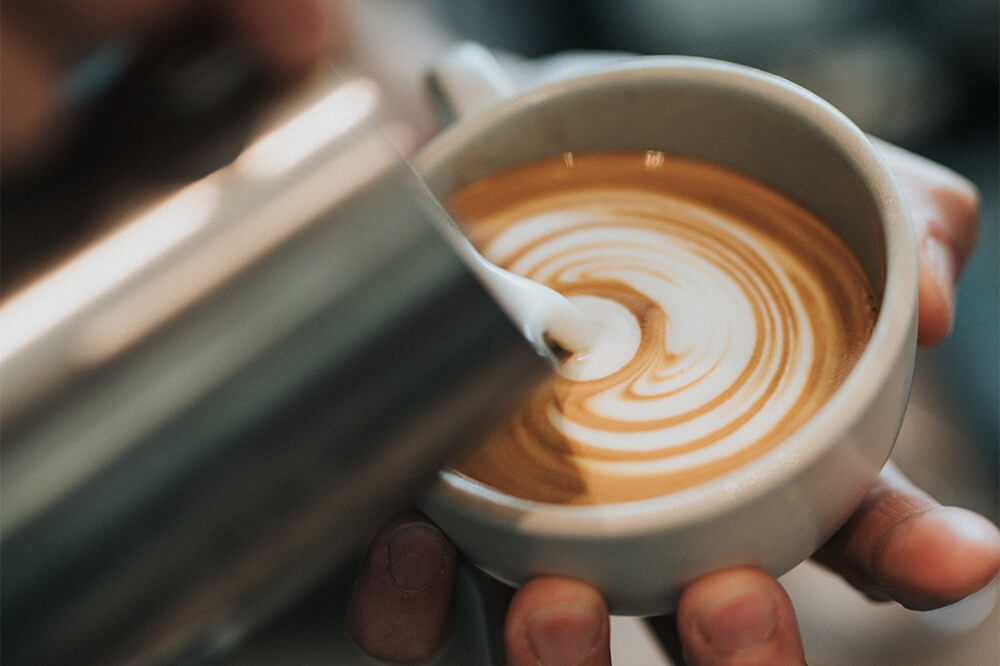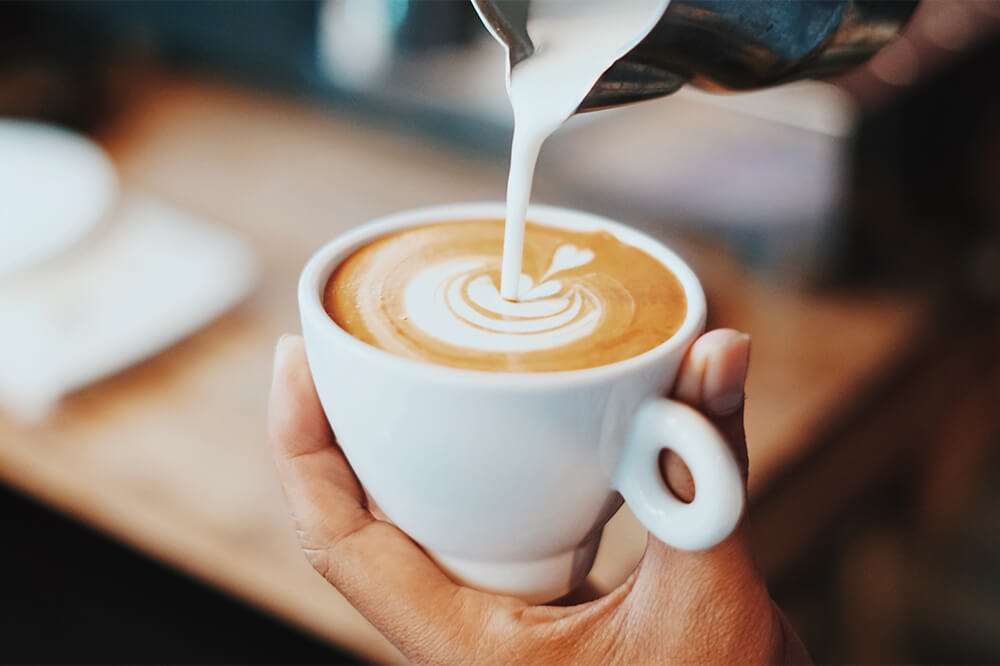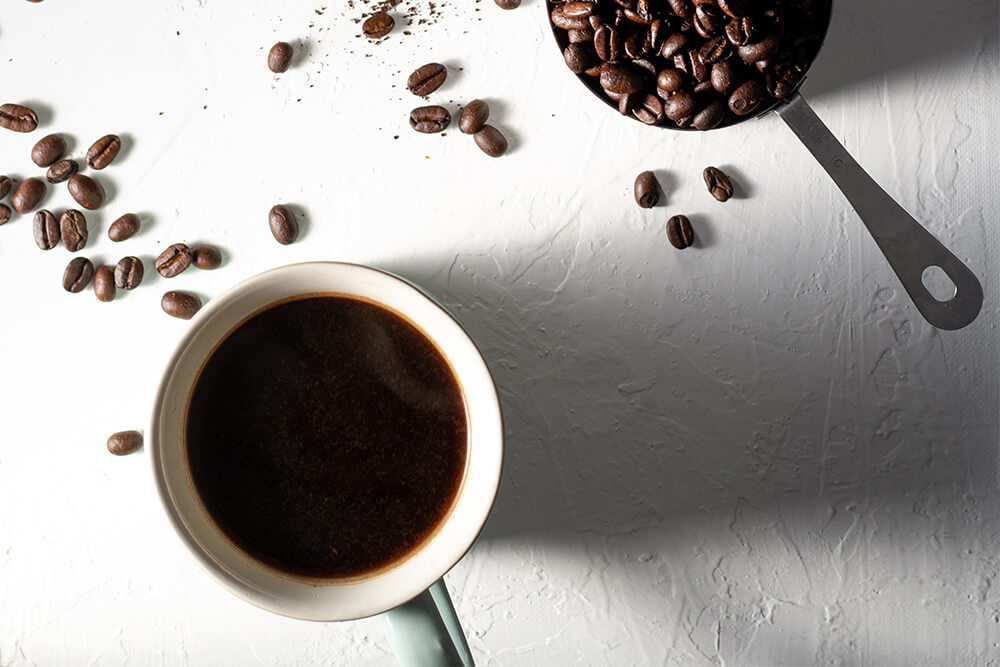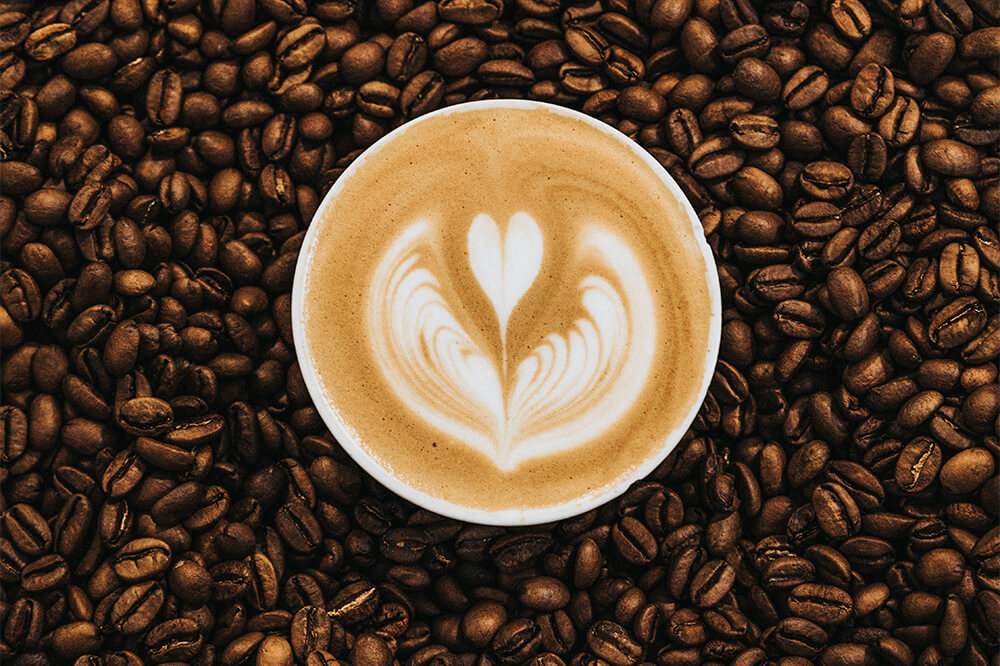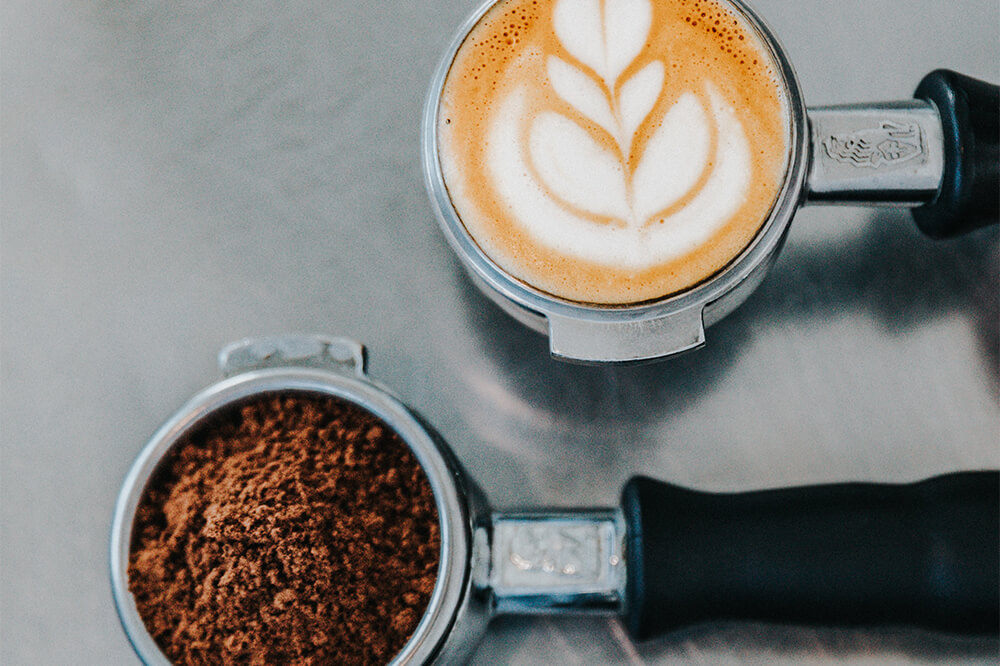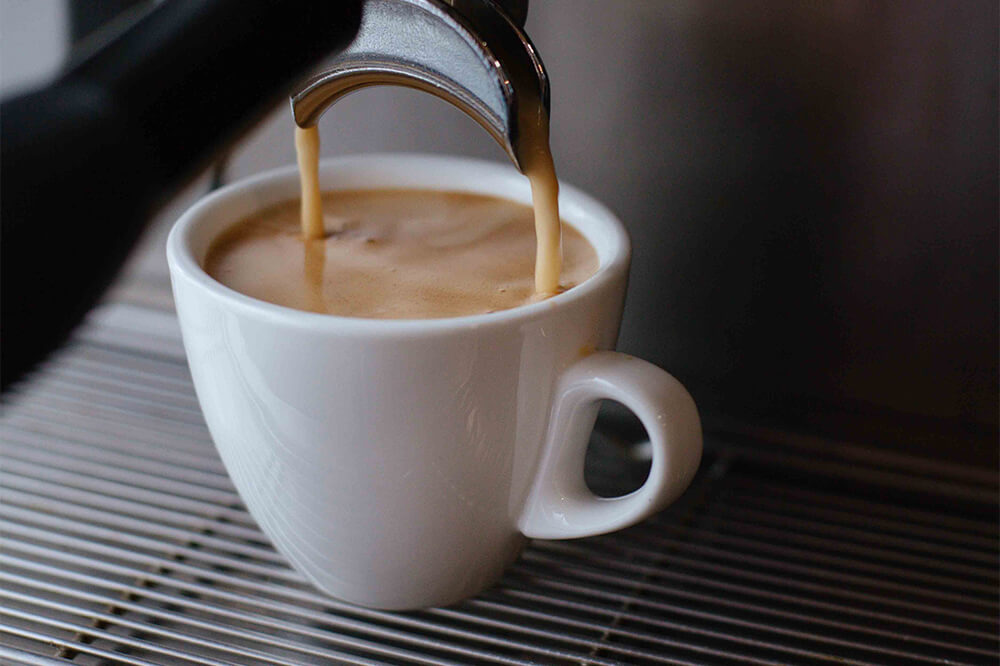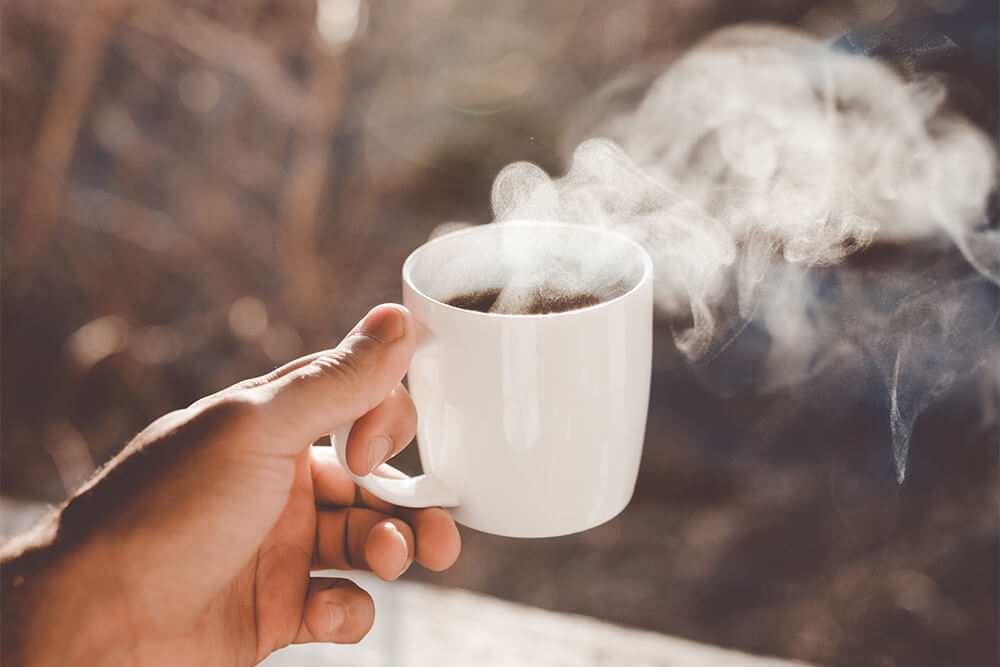Millions of individuals depend on the energizing effects of coffee to get them through the day. But occasionally, even the strongest cup of coffee can fall short of delivering the energizing effects it promises. In this post, we’ll examine the reasons why, while having a high caffeine content, coffee doesn’t always help us wake up.
Understanding How Our Bodies Adapt to Caffeine
The Caffeine Tolerance Factor The central nervous system is stimulated by caffeine, which makes people more alert and less tired. However, if we use caffeine frequently, our systems may become tolerant to it. As a result, the same amount of caffeine will eventually have a reduced effect. Some people could up their caffeine intake to counteract this, which would result in an even higher tolerance and a diminished response to the stimulant.
How the time of day affects coffee's stimulating properties depends on when you brew it.
When you drink your coffee also has an impact on how effective it is. In other words, after five hours, half of the caffeine in your system will have been digested. Caffeine has a half-life of roughly five hours. It is preferable to have coffee in the morning when your cortisol levels—a stress hormone—are naturally lower in order to maximize its energizing effects. Coffee use in the late afternoon or evening can interfere with sleep and lessen its benefits.
Sleeping Well Matters: How to Get the Most Out of Coffee's Health Benefits
Our general health and welfare, including the effectiveness of coffee, depend on getting enough sleep. Coffee’s ability to wake you up will be less effective if you aren’t getting enough deep sleep. According to research, people who are sleep deprived react to coffee less strongly than people who get enough rest. So make obtaining a good night’s sleep a priority to maximize the effects of coffee.
Understanding the Relationship Between Certain Health Conditions and the Efficacy of Coffee
The effectiveness of coffee may also be impacted by specific medical issues. For instance, some drugs, like birth control pills, can lessen caffeine’s effectiveness. Coffee may make symptoms of anxiety or panic disorders worse for those who suffer from them. It’s crucial to examine any lack of response to coffee with your doctor in order to rule out any underlying medical issues.
The Quality of the Beans: How Coffee's Stimulating Properties
Are Affected by Freshness and Roast Finally, the effectiveness of the coffee beans can be impacted. Coffee that has just been roasted is more likely to contain more caffeine than beans that have been sitting around for a while. The level of roasting has an impact on the amount of caffeine in the beans as well; dark roasts have less caffeine than medium or light roasts. Use fresh beans and select the appropriate roast level for your taste preferences to ensure you’re getting the most stimulating advantages from your coffee.
In conclusion, a number of variables, including our bodies’ tolerance to caffeine, the timing of consumption, the quality of our sleep, our health, and the quality of the beans, might affect how effective coffee is. By being aware of these elements, you may take action to maximize your coffee’s stimulating effects and benefit from the promised energy boost.

